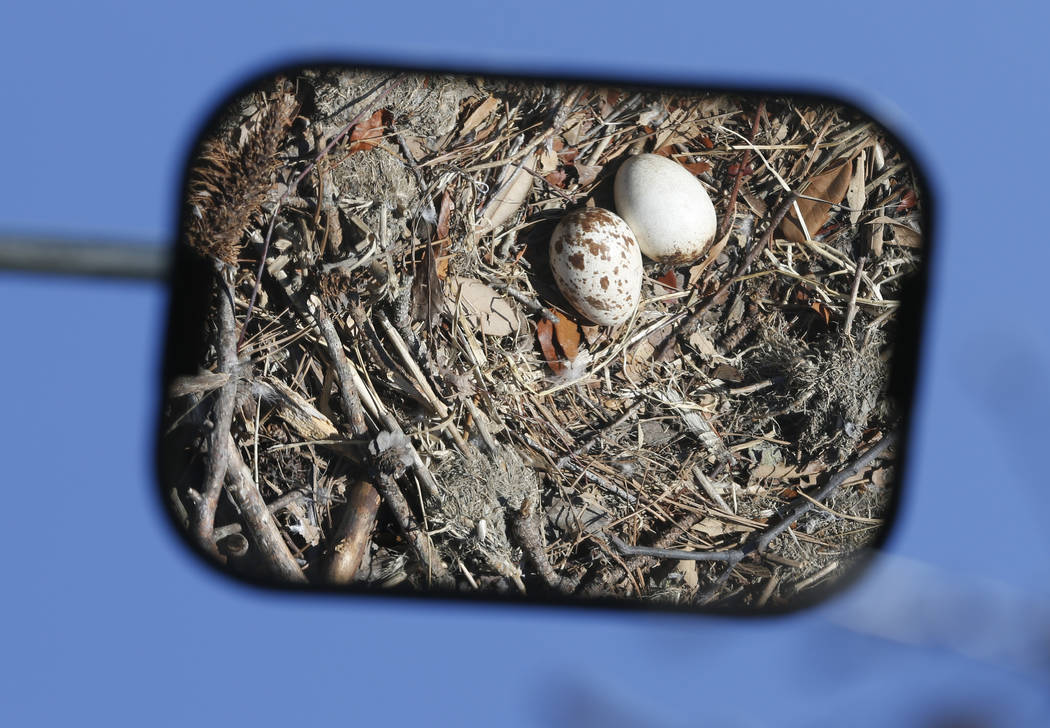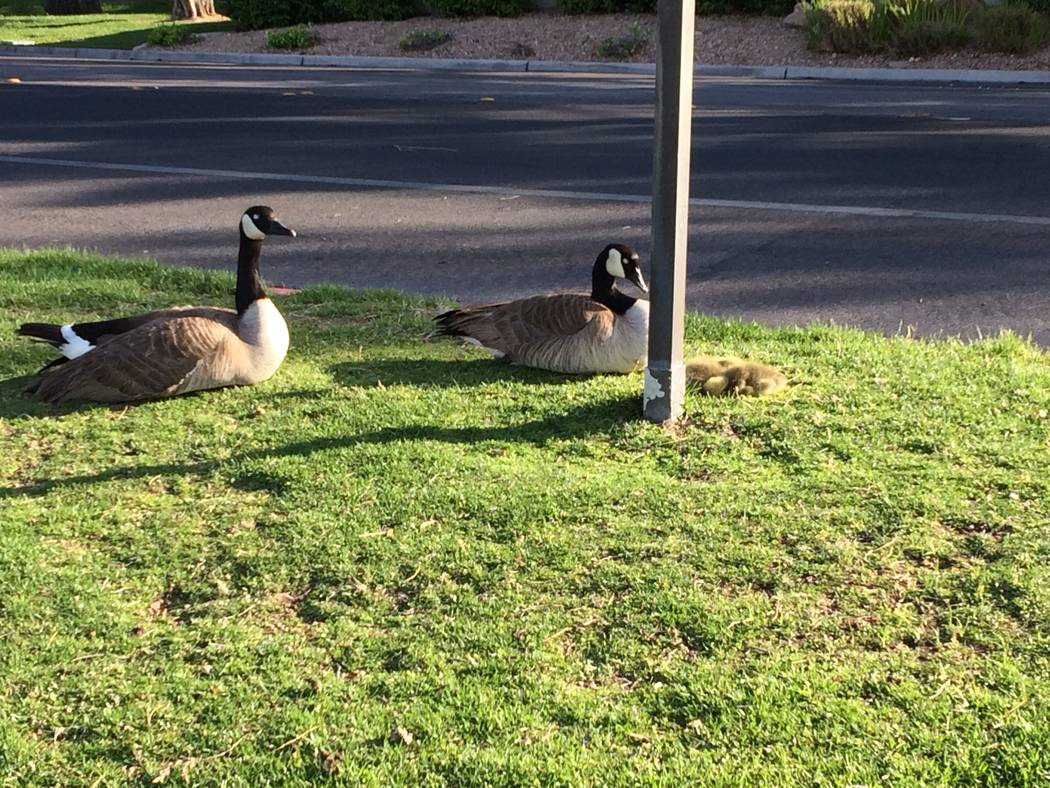Human urge to help can leave wildlife with worse problems


Some Good Samaritans who try to help ailing wild animals have uplifting success stories, but taking a seemingly abandoned baby animal home can do more harm than good.
Baby birds are sometimes found on the ground because, when a chick is not as robust as its siblings, the mother will save its energy for the stronger chicks, Nevada Department of Wildlife conservation education supervisor Douglas Nielsen said. That said, “the parents will still take care of it, even if it’s on the ground. … Or, if you can reach the nest, you can put it (back) in the nest,” he said. “Individuals who call in with an animal that’s been quote-unquote abandoned … we have to then try to educate them.”
Northwest residents shared their experiences.
Baby animals in the wild are never abandoned, self-described nature lover Traci Pribyl said.
“Moms usually leave newborns alone while they seek out food. It is safer for the baby,” she said. “Then, mom will return for the baby.”
Most baby birds found on the ground are fledgling, testing their wings, Pribyl said. She suggested returning them to their nests and moving along.
Audrey Kelley of Desert Shores recalled discovering a pigeon on the sidewalk outside her office when she lived in Chicago. It was snowy and bitterly cold. A newspaper vendor told her the bird had been there for a few days and that he had been feeding it.
“Back in the office, I found a box and returned to pick up the helpless pigeon,” Kelley said. “I took him home to my apartment. I named him Walter Pidgeon, after the famous actor. He lived happily on top of my refrigerator, I have forgotten how long. But one sunny day I opened the kitchen window and out he flew.”
Years ago, Renni Whitman’s golden retriever brought a morning dove with a broken wing to her.
“The bird looked like it was near death,” Whitman said, “but (we) took turns throughout the night feeding it sugar water with an eye dropper. We bandaged the wing by wrapping it close to her body. We really didn’t know what we were doing.”
She got a large bird cage and bird food.
“After a while, we took her outside to let her fly free,” Whitman said. “I’ll be darned if she didn’t tumble down and break that same wing again.”
Hardy Brunell lives near Lone Mountain and had a hummingbird build a nest atop his outdoor light fixture. It faced west and the babies had to endure the sun, so he fed them from an eyedropper to keep them hydrated.
“Another time, we saw a hummingbird that was in trouble,” he said. “It appears she made a nest out of something that caught her legs and she couldn’t get away, could just fly an inch or two. We pulled the branch down and cut her free and found a petrified baby, looking up to be fed.”
Cindy Elms, a veterinary worker, told of a baby grackle that fell out of a tree. Her pit bull, Daphne, mothered it. The grackle was nursed to health and, while not restricted, lived with the family on and off for eight years. Every spring when the bird returned, Elms would put a Las Vegas-worthy buffet of worms on its picnic table for Larry Bird (named for the famed basketball player before Elms knew it was female).
“Larry went missing one spring,” Elms said. “At first, I thought it was mating time, but it was longer than that. It was 10 days later, she showed up with a bloody wing half torn off.”
The wing had to be amputated because gangrene had set in. Larry lived in their backyard after that, hopping around and even managing to fly up into a tree, until one day when Elms returned from work and the grackle couldn’t be found. Elms suspected a feral cat had snatched Larry Bird.
“Daphne was never the same,” she said of her saddened pit bull.
Shelley Brunson was a licensed rescuer with Nature Care, a wildlife organization in Indiana. It took in injured, orphaned and abandoned wildlife.
“Many times we got baby animals because the mothers had been killed. … I would strongly suggest that when people find babies … they leave them be, unless they see the dead parent nearby. In that case, they should put the babies in box, cover them with a lightweight cloth (to keep them calm) … and take them to a (bird rescue),” Brunson said.
Still, the Nevada Department of Wildlife advises leaving nature to run its course.
“What we don’t want to recognize, as human beings, is that the animal kingdom is different from ours,” Nielsen said. “We insist on trying to apply human attributes to wildlife. But it doesn’t work that way.”
Contact Jan Hogan at jhogan@reviewjournal.com or 702-387-2949.
Time in the nest
After two or three weeks, most songbirds are ready to leave the nest. Bigger birds need eight 10 weeks. In contrast, precocial birds — those born in an advanced state — will go searching for food alongside their parents just hours after hatching.












